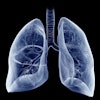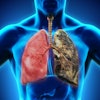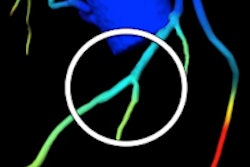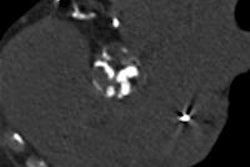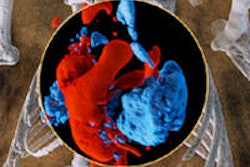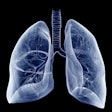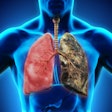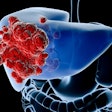Carestream Health is joining forces with UBMD Orthopaedics & Sports Medicine of Williamsville, NY, to develop a new 3D conebeam CT (CBCT) scanner for orthopedic imaging of patient extremities, starting with injured knees.
Over the next few years, Carestream researchers will collaborate with UBMD physicians to perform clinical studies with the technology, Carestream said. Initial work will focus on using CBCT for diagnosing and treating knee problems.
Conebeam CT isn't a new undertaking for Carestream, which markets a dental conebeam scanner (CS 9300) with 3D capabilities and spatial resolution up to 90 µm.
But the dedicated orthopedic scanner, now operating at UBMD as a prototype, aims to fill a gap in the market, said Diana Nole, president of digital medical solutions at Carestream, in an interview with AuntMinnie.com. Conebeam CT knee images will be better than conventional x-ray but less expensive to acquire than CT or MR images, Nole said.
While CT will never replace MRI for soft-tissue visualization, "we have already gotten feedback that it's as good as conventional CT, while the bone imaging is actually better -- and it has the advantage of performing weight-bearing exams," she said.
Over the next couple of years, Carestream and its university partners will continue to refine the third-generation prototype system into a commercial scanner, complete with advanced hardware and software capabilities to eliminate the artifacts CBCT is prone to, while maximizing the quality of orthopedic images with a range of 3D reconstruction capabilities useful to orthopedic doctors, according to Nole.
Image reconstructions will be performed on a dedicated workstation or on a PACS network, and radiation dose during acquisition will be minimized by the use of iterative reconstruction technology.
The in-office system, which will be roughly the size of an inner tube or a large coffee table, is estimated to sell for somewhere between $275,000 and $350,000, Nole said.
For the kind of exams that are most in demand by orthopedic physicians, 3D CBCT will offer a high-quality alternative to x-ray that could be performed in the doctor's office.
"I think it's going to be very good for the low-radiation specialty market and ... for bone and joint imaging," she said.
Carestream plans to expand the partnership eventually to explore other patient extremity problems, from thumbs and arms and portions of the shoulder to the feet. Down the road, the project may also include the development of a CBCT system suitable for assessing traumatic brain injuries, according to Carestream.
